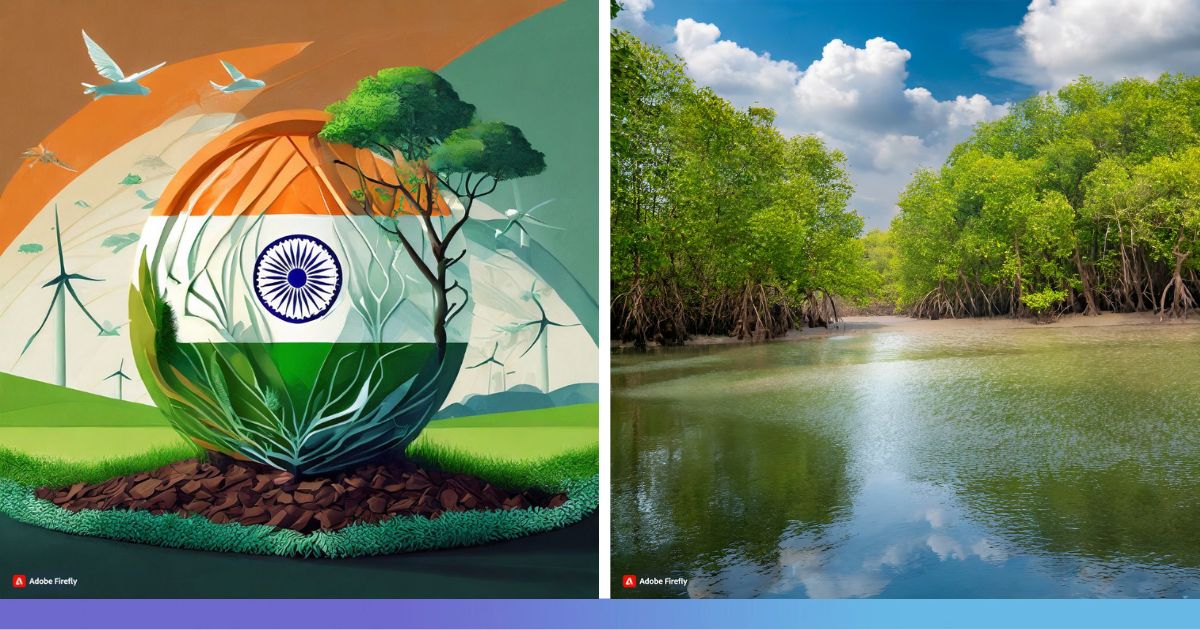
In a noteworthy address at the COP28 global climate talks in Dubai, India’s Environment Minister, Bhupender Yadav, showcased the nation’s commitment to a comprehensive approach to conservation. Emphasizing a holistic strategy, Yadav highlighted India’s endeavors, extending beyond emission reduction to address land degradation, promote ecosystem restoration, and enhance biodiversity. The minister’s remarks unfolded during the Mangrove Alliance for Climate Ministerial Meeting, where he introduced the Mangrove Initiative for Shoreline Habitats and Tangible Incomes (MISHTI), a pivotal component of India’s conservation strategy outlined in the 2023-24 budget.
Yadav elucidated the significance of MISHTI, an initiative specifically designed to foster mangrove plantations along coastlines and salt pans. The program aligns with India’s broader commitment to environmental sustainability, echoing the nation’s recognition of the critical role mangrove ecosystems play in supporting biodiversity and mitigating climate change impacts.
During his address, Minister Yadav showcased India’s impressive mangrove ecosystems, prominently citing the Sunderbans, the world’s largest contiguous mangrove forest. He underscored the Sunderbans as a prime example of successful coexistence with nature, illustrating how a harmonious relationship between human activities and the environment can be achieved as reported by Hindustan Times.
Beyond mangrove conservation, Yadav addressed the necessity of transparent climate finance, equitable market practices, and facilitative global technology transfer. He asserted that these factors are imperative for the effective deployment of low-carbon climate technologies at a scale necessary to combat climate change.
India’s proactive stance at COP28 was encapsulated by Minister Bhupender Yadav’s comprehensive portrayal of the nation’s conservation efforts. The Mangrove Initiative for Shoreline Habitats and Tangible Incomes stands as a testament to India’s dedication to ecological preservation, with a focus on mangrove ecosystems. As global leaders convene to address the challenges of climate change, India’s multifaceted approach serves as a noteworthy model for countries seeking to balance environmental preservation with sustainable development.
Also Read: SC Upholds Abrogation Of Article 370, Orders Restoration Of J&K Statehood
